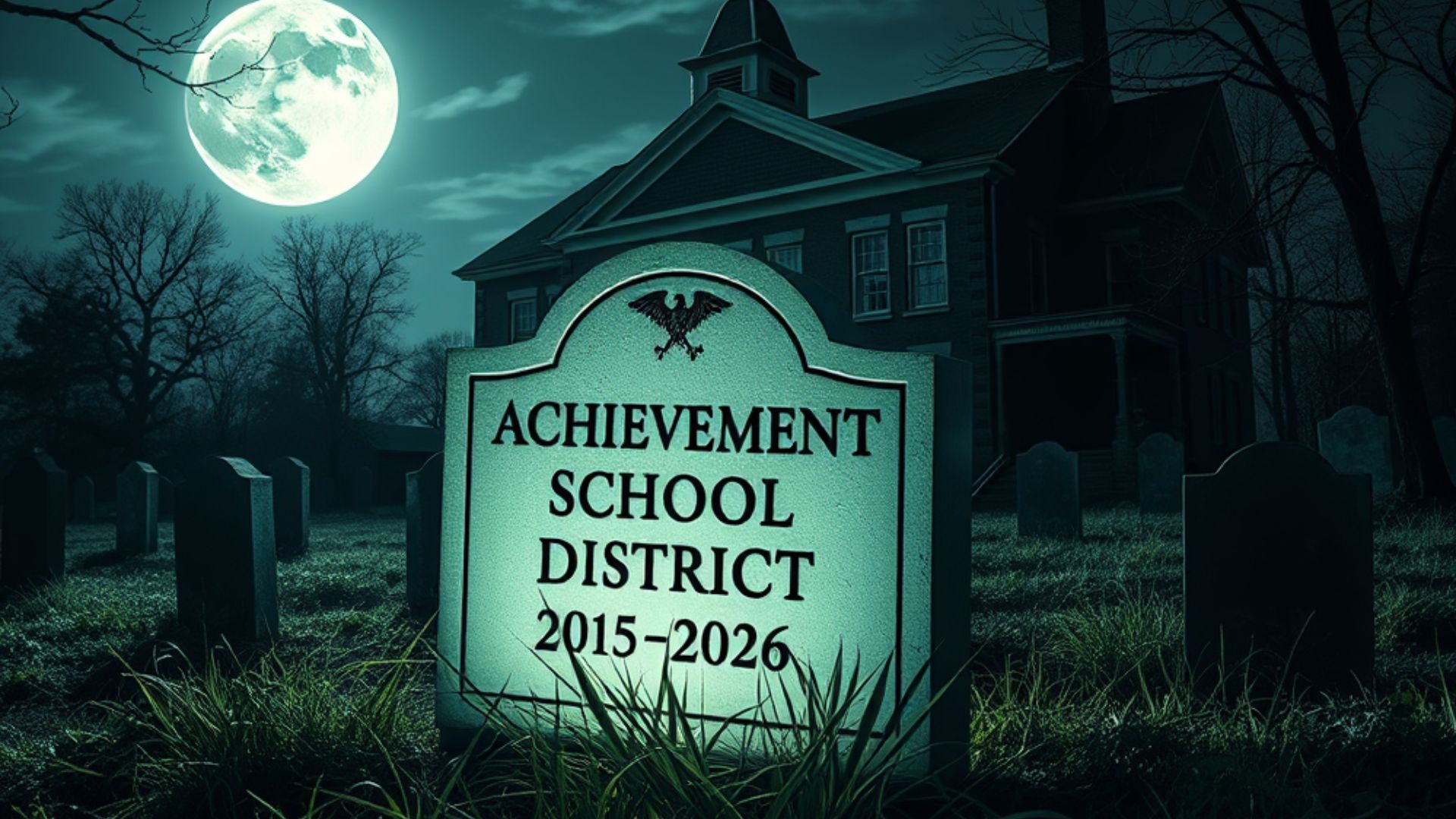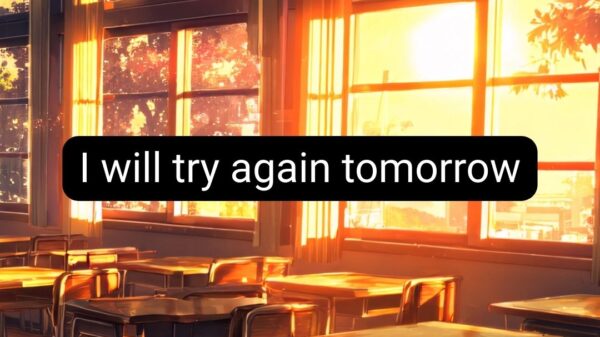In a twist worthy of a bad sitcom plot, the Achievement School District (ASD) in Tennessee is finally packing up and heading home, but not without leaving a trail of confusion, frustration, and a hefty bill for taxpayers. As Melissa Brown of Chalkbeat points out, the last two schools standing, Kirby Middle School and Hillcrest High School, are set to return to local control next year, a move as welcome as a surprise quiz on a Monday morning.
You might think that after a billion dollars and over ten years of trying to establish the ASD, someone would come up with a better plan than simply throwing money at the problem and hoping it magically resolves itself. Unfortunately, we’re still facing the same issues that have plagued these schools since the ASD’s beginning. Poor ideas always lead to poor results.
The Tennessee Public School Charter Commission recently upheld the Memphis-Shelby County school board’s decision to deny the applications of IOTA Community Schools to convert the last remnants of the ASD into charter schools. I guess it’s hard to convince people to invest in a sinking ship, especially when all the lifeboats are already in use.
Now, Memphis-Shelby County leaders face a tough decision: keep these schools open or shut them down. They have 800 students at stake, making every choice feel like a high-stakes poker game. While the district says it’s collecting data and involving communities (a fancy way of saying they’re trying to figure out what to do), the truth is they’re still navigating through a swamp of low enrollment and poor academic results. It’s like trying to find the last piece of a jigsaw puzzle that was never meant to be finished.
The main idea here is a familiar refrain: when it comes to education reform, the government’s role often feels more like an obstacle than a solution. Ronald Reagan was right when he warned us about the dangers of government intervention, and the ASD is a clear example of this.
It’s been more about bureaucracy than about the kids, with scores that make you wonder if the schools are even trying. The sad truth is that these schools have languished in the bottom five percent for years, and let’s not even get started on graduation rates. It’s almost as if someone thought, “Hey, let’s start a school district and see how low we can set the bar.” Well, they succeeded.
In contrast, the School Turnaround Pilot Program, implemented in Memphis-Shelby County Schools, performed better and served as a beacon of hope. Schools such as Hawkins Mill Elementary and Trezevant High demonstrated that with enough local involvement and community-driven solutions, real improvements can occur. Imagine that! Hawkins Mill reduced its absenteeism rate from 20% to 5%. That’s not just a statistic; it’s a lifeline for students who were previously falling through the cracks.
The key takeaway here is straightforward: there’s no quick fix for failing schools. Success depends on combined efforts, community support, and a willingness to admit past mistakes. Instead of relying on a one-size-fits-all solution from Nashville bureaucrats, local districts must have the freedom to innovate and address their own specific challenges.
So, as we bid a cheerful farewell to the ASD, let’s remember what we’ve learned: engaging families and communities is crucial, collaboration between state and local officials is vital, and perhaps, just perhaps, throwing money at a problem isn’t always the best solution.
If lawmakers can’t grasp this fundamental truth, then taxpayers have every right to ask a billion questions—and maybe even demand a refund for this failed program. To their credit, legislators such as Antonio Parkinson and Scott Cepicky have pointed out the failings of ASD for many years.
“The state has failed miserably in running schools, and the state should not be in the business of being a school district, period,” State Rep. Antonio Parkinson told Fox 17 in 2022. “The Achievement School District came in and aggressively divided these communities and took over these schools, and then they performed worse than the schools they actually took over.”
The true crisis lies in an unelected, unaccountable bureaucracy that functions as a shadowy fourth branch of government. This critical issue often goes overlooked: a hidden government operating beyond the reach of accountability. Many recognize the peril of having unelected career bureaucrats crafting rules and regulations that significantly affect citizens and well-meaning legislation. It’s vital to address this challenge, as it threatens the democratic ideals we hold dear.
As the story of the Achievement School District comes to an end, it’s evident that the future depends on local leaders and community involvement. The ASD’s missteps highlight that Education isn’t a one-size-fits-all approach. Practical solutions come from those who are closest to the students.
By shifting from top-down rules to a collaborative approach, Tennessee can foster a brighter future where schools thrive and genuinely support children and families. Education isn’t just about saving money; it’s about saving futures.
JC Bowman is the executive director of Professional Educators of Tennessee.
He is a Contributing Editor for TriStar Daily.
















